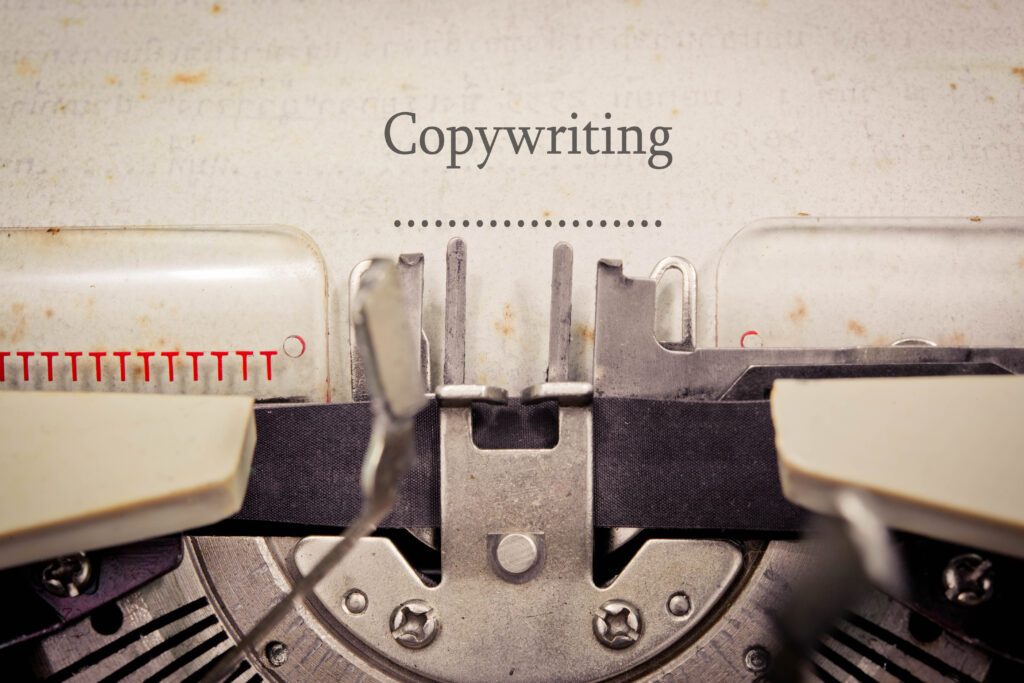Recently, someone I’ve known for a while through networking meetings admitted that she didn’t know what “being a copywriter” actually involved. That isn’t really unusual. While it seems obvious to me, to most people it’s just one of those mysterious job-titles there’s no reason they should understand.
So here’s a quick rundown of what a copywriter does.
What Copywriting Isn’t
First of all, though, there are some common misconceptions — especially if the word’s spoken, rather than written down. More than once, I’ve been asked, “You’re a copywriter? Can you help me with a copyright issue?” And I have to tell them that, well, I know a little bit about copyright, but what they actually need is an intellectual property lawyer, not a writer.
Another common assumption is that a copywriter is the same as an editor or a proof-reader. Now, there can certainly be a crossover here, and I do some work that could be loosely described as editing. But I’m not really an editor — and certainly not a proof-reader, which is separate and highly skilled job.
Also, posting or publishing the content isn’t a normal part of copywriting. In practice, I do offer this for a few clients, when it’s simply something like posting on Facebook or setting up newsletters on MailChimp, but it’s actually a separate job.
What Copywriting Is
Put simply, copywriting is being paid to write something to order. It’s a very old occupation. There are records as far back as ancient Egypt of people you could pay to write a letter for you.
Copywriting overlaps somewhat with ghost-writing. However, the term ghost-writing is normally used when a writer is hired to produce fiction or autobiography in someone else’s name.
Copywriting tends to be reserved for marketing content for businesses, although that’s not an absolute boundary. Over the past six years, I’ve also provided content for artists and sportspeople, and even written job applications. There are no real limits.
Each copywriter has a slightly different approach. Some specialise in certain sectors or certain types of content, while others (like me) enjoy applying their skills to a wide variety of work. I’m sometimes asked if I need to be an expert at what I’m writing about. Well, the answer is no. The knowledge comes from the client, or from researching online — my role lies in communicating it effectively.
What Does a Copywriter Do All Day?
As I’ve said, different copywriters operate in slightly different ways, but as far as I’m concerned, the most usual kinds of jobs are:
- Blogs — these tend to take up the bulk of my time, and can be about anything from construction to health, finance to technology.
- Social media — most often Facebook posts, but some clients also want posts for LinkedIn or Twitter.
- Newsletters — these are invaluable to keep in touch with contacts, give updates and offer valuable insights.
- Websites — the written content on a website is among its most important features, and many business owners want it written professionally.
- Profiles — whether on social media sites or a business portal, many clients recognise the need for an effective profile.
This is by no means an exhaustive list, though. At any given time, a current job could involve an email, an article, a white paper, a property description or even a book about the client’s sector. And I can always be surprised by someone wanting a type of writing I hadn’t even thought of.
Drop me a line if you want to know more about what copywriting is and what it can do for you.

